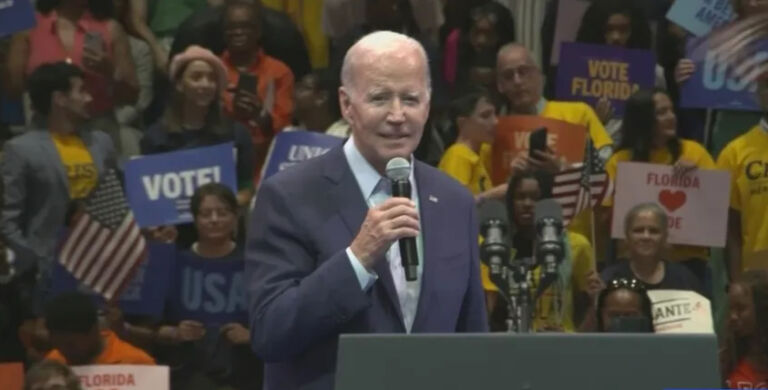Christopher Jacobs of the Federalist links large-scale federal budget deficits and continuing inflation concerns.
Economists sounded surprised recently when inflation remained above expectations for the third straight month, likely keeping interest rates elevated for the foreseeable future. If they looked in Washington’s direction, they shouldn’t be.
Two reports from the Congressional Budget Office (CBO) explain the dilemma our economy faces. In the short term, significant and persistent deficits caused by Washington’s spending keep fueling the inflationary fire. In the longer term, the debt accumulated by all those deficits will make our economy stagnant for future generations.
The first CBO report examined the federal government’s financial accounts halfway into the fiscal year. Six months into the budget cycle that ends this Sept. 30, Washington has already racked up a deficit of over $1 trillion.
Granted, the federal government will likely run a surplus in April, given that many individuals either pay their remaining 2023 income taxes, and/or make quarterly estimated payments for their 2024 income taxes, on April 15. But CBO also notes that, after adjusting for various timing shifts, the deficit for the first half of the fiscal year exceeds last year’s fiscal shortfall.
And even though Democrats would have you believe that tax cuts cause all fiscal ills, the growth in the deficit happened even as revenues grew by 7 percent. …
… The biggest reason spending grew faster than revenues? The explosion in net interest costs on our accumulated debt. Net interest rose a whopping 43 percent compared to the comparable period last year, to $440 billion. The combination of debt from the Covid spending binge, and higher interest rates to combat the inflation all this spending caused, led Washington to spend more on interest costs in the first six months of the fiscal year than it did to fund Medicare benefits for seniors — and no, that’s not a typo.


